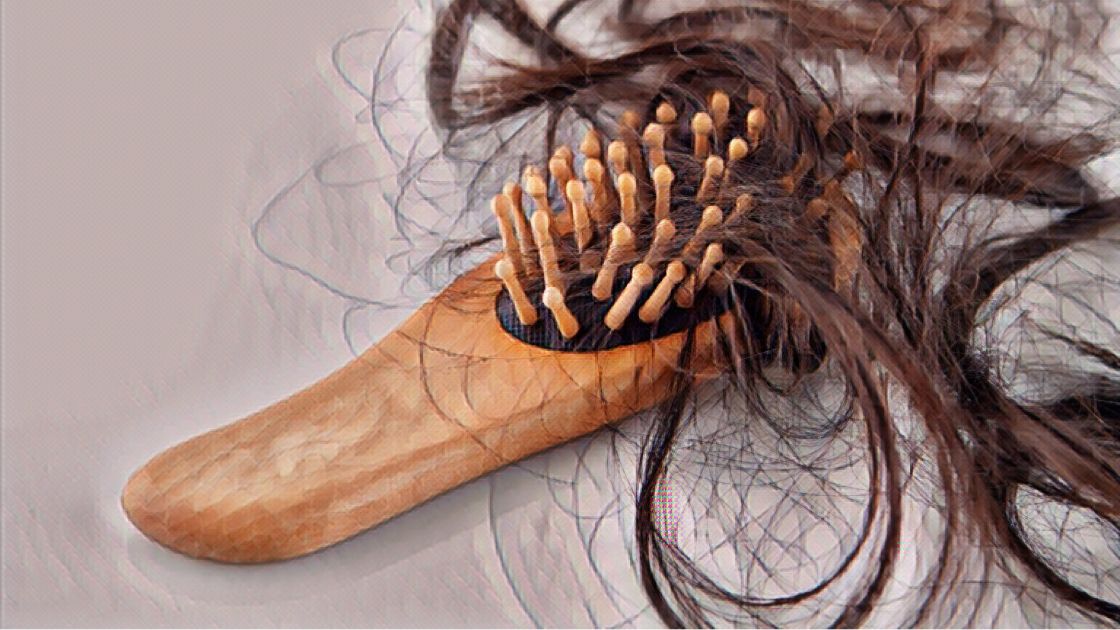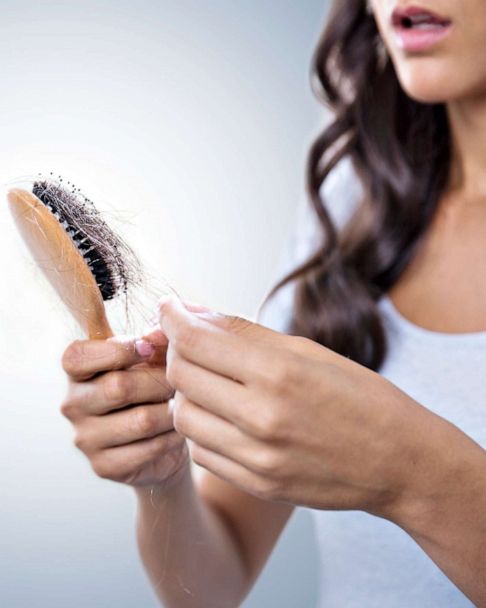

Best hair fall treatment in Bangalore, During the pandemic, many people have experienced increased hair shedding. While hair fall is a common occurrence, its intensity varies among individuals.
Hair fall is a natural part of the hair growth cycle, whereas hair loss suggests an interference with the growth cycle itself.
During hair fall, hair strands are shed naturally, while hair loss represents a more advanced stage where not only strands are shed but also overall hair density is reduced.
What occurs is a loss of hair, accompanied by a decline in the rate at which new hair grows.
The causes behind hair fall and hair loss and the potential for regrowth in specific conditions are important considerations.
Hereditary hair loss, or androgenetic alopecia, is a prevalent condition characterized by the gradual and progressive thinning of hair. It is primarily influenced by genetic factors and hormonal changes, leading to a shortening of the hair growth cycle.
In men, it often results in a receding hairline and balding on the crown, while women may experience diffuse thinning. This hereditary predisposition causes sensitivity to dihydrotestosterone (DHT), a hormone that contributes to hair follicle miniaturization. While not preventable, various treatments, including medications and procedures, aim to slow down the progression of hereditary hair loss and promote regrowth.
YES, taking action can effectively prevent or slow down hair loss and even promote hair regrowth. Starting treatment early enhances its effectiveness. Nevertheless, without intervention, continuous hair loss will persist.
This form of hair loss affects both men and women, representing the most prevalent cause globally. Termed male pattern hair loss in men and female pattern hair loss in women, it is a widespread condition impacting individuals of both genders.
Several factors contribute to hair loss, including:
Genetics: Family history, particularly with male and female pattern baldness, influences hair loss.
Hormonal Changes: Pregnancy, childbirth, menopause, and thyroid disorders can cause hormonal imbalances leading to hair loss.
Medical Conditions: Conditions like alopecia areata, autoimmune diseases, scalp infections, and trichotillomania can result in hair loss.
Medications: Some drugs used for cancer, arthritis, depression, heart problems, and high blood pressure can have hair loss as a side effect.
Stress: Physical or emotional stress may trigger temporary hair loss known as telogen effluvium.
Hair Care Practices: Excessive use of harsh treatments, frequent use of hot styling tools, tight hairstyles, and chemical treatments can damage hair, leading to loss.
Age: Natural thinning of hair and decreased follicle activity can occur with aging.

After undergoing hair loss treatment, it's essential to follow a post-care routine to optimize results and maintain overall hair health. Here are some post-care tips:
Adhere to the guidelines provided by your healthcare professional or dermatologist regarding the use of prescribed medications, topical treatments, or post-surgery care.
Eat a balanced diet rich in vitamins, minerals, and proteins to support hair health. Stay hydrated, exercise regularly, and manage stress, as these factors can impact hair growth.
Use mild shampoos and conditioners suitable for your hair type. Avoid excessive heat styling, tight hairstyles, and chemical treatments that can stress the hair and scalp.
Gentle scalp massages can improve blood circulation, promoting nutrient delivery to the hair follicles. This can be done using fingertips or a soft brush.
Shield your hair and scalp from excessive sun exposure and environmental pollutants. Wear a hat or use UV protection products when spending time outdoors.
Both smoking and excessive alcohol consumption can negatively impact hair health. Quitting smoking and moderating alcohol intake can contribute to overall well-being.
Schedule follow-up appointments with your healthcare professional to monitor progress and make adjustments to the treatment plan if necessary.
Results vary depending on the treatment and the individual. It may take several months to see noticeable improvements. Consistency in following the treatment plan is crucial for optimal outcomes.
Yes, some medications may have side effects. For example, finasteride may cause sexual side effects, and minoxidil may lead to skin irritation. It's important to discuss potential side effects with a healthcare professional before starting any medication.
Consult a dermatologist or healthcare professional to determine the underlying cause of your hair loss and discuss appropriate treatment options tailored to your specific needs and medical history.
The timeline for seeing results depends on the type of treatment and individual response. Some treatments may take several months to show noticeable improvement, while others may yield quicker results.
Hair transplant surgery involves moving hair follicles from one part of the scalp to another. While it can provide permanent results, the success of the procedure depends on factors such as the surgeon's skill, donor hair availability, and proper post-operative care.
Copyright @ VCUS Healthcare Center. All Rights Reserved | Designed By Channel Softech